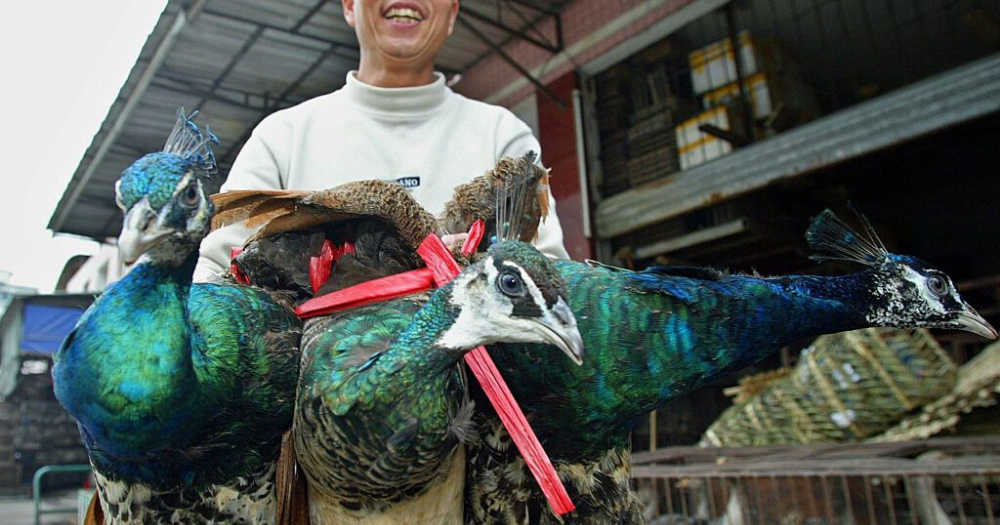Wuhan, the epicentre of the pandemic that has spread worldwide, has officially banned the consumption and trade of wild animals, a government revealed on its website on May 21.
Prohibitions on trading and breeding of wildlife
The city has introduced strict regulations on the breeding and eating of wild animals, something which many, experts included, believe is the source of the Covid-19 coronavirus.
The government said that online trading platforms, commercial markets, agricultural markets and restaurants, as well as transport and logistics companies shall not "supply venues and services for wildlife consumption".
The hunting of wild animals is also prohibited, except for "scientific research, population regulation and monitoring of epidemic diseases", reported South China Morning Post.
The government has also disallowed the breeding of non-domesticated species, unless for the purposes of species protection, scientific research or "animal exhibitions" such as zoos and wildlife parks, which have been approved by the government.
Officials also have plans to transform Wuhan into a "wildlife sanctuary", Business Insider reported.
Plans to compensate wildlife breeders
This unprecedented move comes after international criticism and calls to ban the wildlife trade in the nation were made following the spread of the virus.
On Feb. 29, the government announced a temporary ban on the trade and consumption of wildlife.
Wildlife breeding is a lucrative trade—over 2,300 licensed breeders in Jiangxi reportedly have stocks worth about 1.6 billion yuan (S$319 million)
It marked the start of the country's nationwide plan to buy out animal breeders and curb the proliferation of wildlife breeding.
Authorities in China have since made provisions to compensate wildlife breeders that will be affected by the ban.
Two central provinces in China, Hunan and Jiangxi, have recently outlined details of a buy-out program to help breeders transition to alternative livelihoods such as rearing livestock or producing tea and herbal medicines, according to CBS News.
Hunan authorities will also be offering a one-off payment of 120 yuan (S$24) per kilogram of ratsnake, king ratsnake, and cobra, and 600 yuan (S$120) for a civet cat.
Loopholes, but moving in the right direction
However, Peter Li, a China specialist for Humane Society International hedged that China's regulations provide a loophole for breeders to exploit and continue rearing wild animals for fur, entertainment and traditional Chinese medicine.
Nevertheless, Li said that authorities are moving in the right direction, reported Business Insider.
"In the past 20 years, a lot of people have been telling the Chinese government to buy out certain wildlife breeding operations - for example bear farming. This is the first time that the Chinese government actually decided to do it, which opens a precedent... [for when] other production needs to be phased out," he said.
Top photo from Liu Jin AFP via Getty Images
If you like what you read, follow us on Facebook, Instagram, Twitter and Telegram to get the latest updates.
